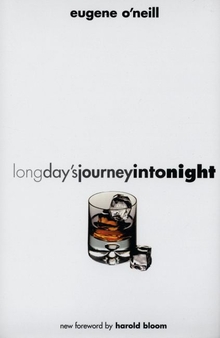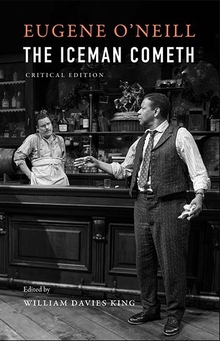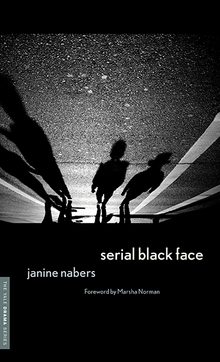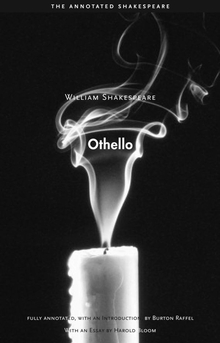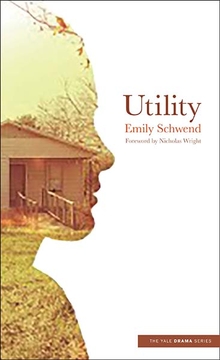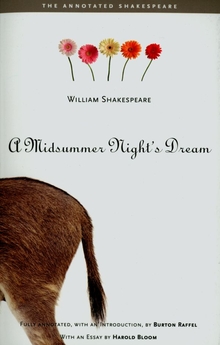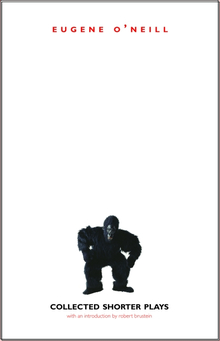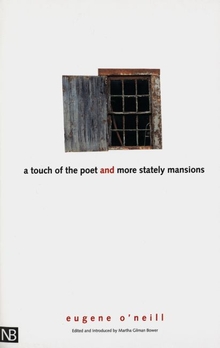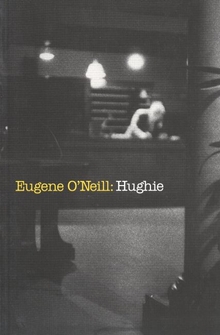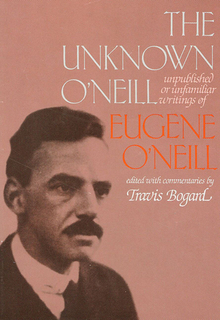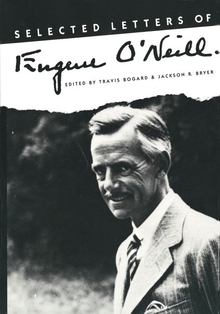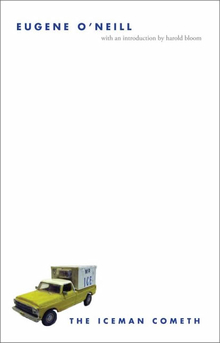Long Day’s Journey into Night
WARNING
You are viewing an older version of the Yalebooks website. Please visit out new website with more updated information and a better user experience: https://www.yalebooks.com
Eugene O´Neill; With a foreword by Harold Bloom
Eugene O’Neill’s autobiographical play Long Day’s Journey into Night is regarded as his finest work. First published by Yale University Press in 1956, it won the Pulitzer Prize in 1957 and has since sold more than one million copies. This edition includes a foreword by Harold Bloom.
“By common consent, Long Day’s Journey into Night isEugene O’Neill’s masterpiece. . . . The helplessness of family love to sustain, let alone heal, the wounds of marriage, of parenthood, and of sonship, have never been so remorselessly and so pathetically portrayed, and with a force of gesture too painful ever to be forgotten by any of us.”—Harold Bloom, from the foreword
“Only an artist of O’Neill’s extraordinary skill and perception can draw the curtain on the secrets of his own family to make you peer into your own. Long Day’s Journey into Night is the most remarkable achievement of one of the world’s greatest dramatists.”—Jose Quintero
“The play is an invaluable key to its author’s creative evolution. It serves as the Rosetta Stone of O’Neill’s life and art.”—Barbara Gelb
"Long Day’s Journey Into Night has long since become a classic not only of the American stage, but of universal theater. And apart from its secure place in literature, the play is an invaluable key to its author’s creative evolution. It serves as the Rosetta Stone of O’Neill’s life and art."—Barbara Gelb
"Only an artist of O’Neill’s extraordinary skill and perception can draw the curtain on the secrets of his own family to make you peer into your own. Long Day’s Journey Into Night is the most remarkable achievement of one of the world’s greatest dramatists."—Jose Quintero
"Drawing upon recent textual scholarship, the sixty-first printing of the Yale edition incorporates missing lines of dialogue accidentally dropped by O’Neill’s wife Carlotta as she retyped."—American Literature
"The restoration of several previously missing lines of dialogue and stage direction likely make this the definitive edition of a 'play of old sorrow, written in tears and blood,' as O’Neill described it in dedicating it to his wife, Carlotta."—Boston Globe
"Attractive frontispiece. Recommended for all college and university libraries."—Choice
Publication Date: February 8, 2002

